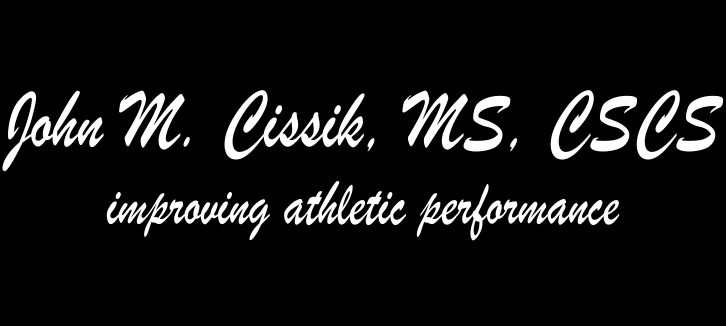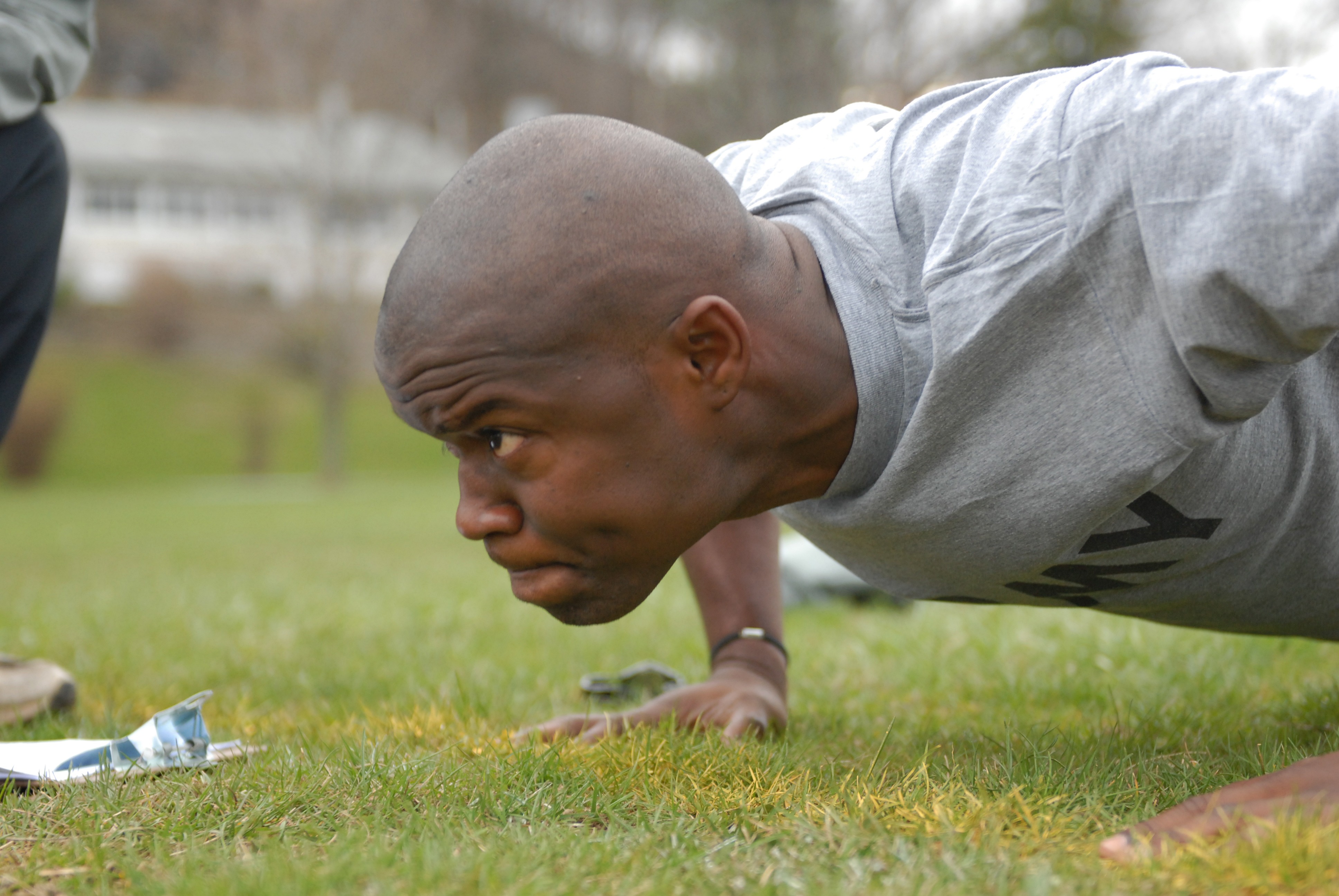The Functional Movement Screen (FMS) has been around for a few years. It’s meant to identify movement dysfunctions, help guide program design (by employing exercises to address those dysfunctions), and could be a tool to help identify individuals at greater risk of injuries.
This is one of those things that has passionate people on both sides. Advocates swear by this screen. Detractors are just as passionate about attacking it. Frost et al (including Dr. Stuart McGill) have an article in the November issue of the Journal of Strength and Conditioning Research that is critical of the idea that the FMS can be used as a valid and reliable screening tool. The authors take the view from the start of this article that it’s impossible to use a simple screen to predict injury because individuals may chose movement patterns not out of dysfunction but because they may just make a conscious choice to move a certain way.
To prove this, the authors administered the FMS to a group of firefighters two times, three minutes apart. The first time, the firefighters were not offered any information on the test’s scoring criteria. The second time, they had the grading criteria explained to them prior to performing each of the seven tasks in the FMS.
Results:
- There were statistically significant differences in four of the seven tests after instruction. Those tests were the deep squat, hurdle step, in-line lunge, and shoulder mobility tests. Pre to post improvements ranged from 14% to 43% increases in performance on these four tests.
- There was no statistically significant difference for the straight leg raise, stability push-up, and rotary stability tests.
The authors note that the act of instruction seems to have improved FMS performance for the subjects studied. One of their points is that a simple visual test, such as the FMS, is not enough to identify and distinguish underlying movement dysfunctions – there may be other reasons for the dysfunction including a genuine lack of knowledge of the preferred ways to move.
Now, to be Devil’s advocate: of course knowledge about a test improves performance! This is true of almost all physical tests. Of course there is a learning effect for exercise! The more times you take a test, the better you get at it just because you become more comfortable with the test.
This goes back to one of my pet peeves with strength and conditioning; there is no best. There is no magic drill, no magic exercise, and no magic test. Is the FMS going to predict injury? No, nothing can predict injury. Let me repeat that, nothing can predict injury unless someone is omniscient. Having said that, could the FMS be one tool, of many, to help drive program design? Absolutely.
Frost, D.M., Beach, T.A.C., Callaghan, J.P., and McGill, S.M. (2015). FMS scores change with performers’ knowledge of the grading criteria – are general whole-body movement screens capturing “dysfunction?” Journal of Strength and Conditioning Research, 29(11): 3037-3044.




